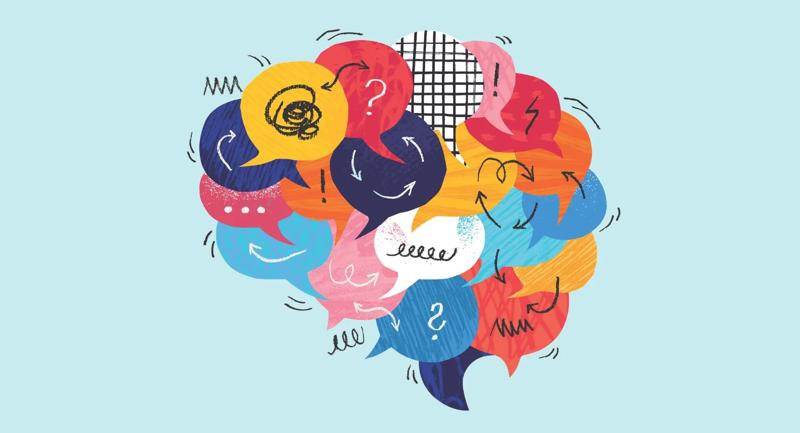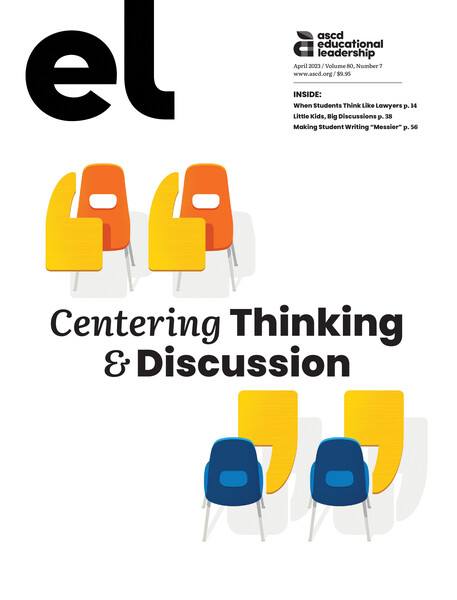The flipped classroom approach can increase students' thinking skills, according to a study by Palestinian education researchers. The researchers worked with 16 teachers and 385 9th graders at four public schools in the West Bank and Gaza. Roughly half of the students experienced a flipped approach—in which students view video instruction on key concepts before class and during class time practice, or consult with teachers about, the same concepts—in four courses (science, mathematics, IT, and English) over one semester. The other half were taught those same courses with traditional instruction during classroom time.
The students' critical thinking skills were measured both before the three-month period in which they had lessons that were either flipped or traditional, and then after that period, using a critical thinking test the researchers developed.
The results showed the students who had flipped learning increased their critical thinking skills; their scores on thinking skills were higher on the post-test of thinking ability than on the pre-test. But students in the traditional-instruction group did not score higher on critical thinking, post-test. The mean score on the critical thinking test given at the semester's end was 28.9 for the 9th graders who "flipped" and only 11.3 for the control group. Mean scores for the flipped and control groups on the pre-test were 11.2 and 12, respectively. (The California Thinking Skills test, on which the researchers based the test they used, measures someone's level of critical thinking based on whether they correctly answer 34 questions that gauge thinking ability).
The authors also discuss what their findings imply about why flipped learning can improve thinking skills. They believe the flipped method was successful because it allowed students more chances to think deeply about their learning, becoming active participants on a learning path they helped shape. Interpersonal relationships between teachers and students were also strengthened, since teachers were able to interact more with each learner during class time, as opposed to traditional instruction, in which teachers spend in-class time on direct instruction.







